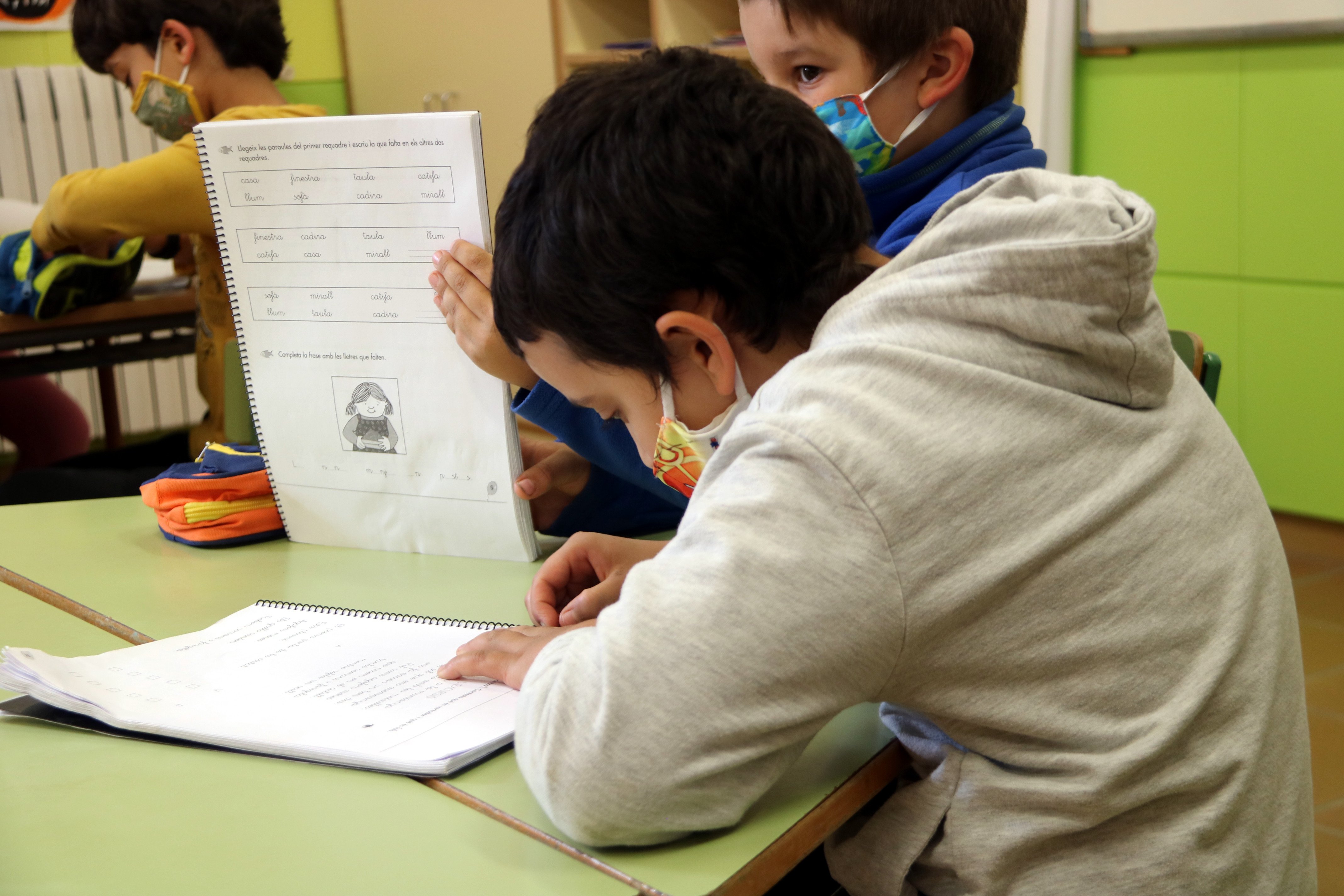For the first time, the Catalan High Court (TSJC) has annulled the teaching plans of two entire schools because they include Catalan as the only classroom teaching language, and has required that they be re-written to include the use of Castilian (Spanish) as the vehicular language for 25% of classes for all students. The ruling thus exposes that the recent LOMLOE law of education approved by the Congress of Deputies, popularly known as the Celáa law, and taken into account in the court ruling, fails to do what some proponents claimed it would: protect Catalonia's long-standing educational policy of immersion in Catalan, through the use of Catalan as sole vehicular language.
In detail, the complaints were filed by parents from an educational centre in the city of Barcelona and another from Abrera, in the Barcelona metropolitan area, who were legally advised by the group, Assembly for Bilingual Schooling (AEB), opposed to the current Catalan immersion system. In both cases, the administrative disputes chamber of the court ruled unanimously, but now those affected can file appeals.

The entrance to the Catalan High Court in Barcelona / Europa Press
"All school teaching projects to be changed"
"The decisions have a historical significance, insofar as they will force all the linguistic projects of public educational centres of Catalonia to be changed, as in 95% of cases they only establish Catalan as the vehicular language for teaching", said the AEB in statements to the Spanish newspaper ABC.
In addition, according to this group, the rulings show, for the first time, the repercussions of the LOMLOE in relation to the teaching of official languages. The new law "does not change the previous situation because additional disposition 38 of the previous LOMCE law limited itself to adopting the doctrine of the Constitutional Court and the Supreme Court and, therefore, the character of the vehicular language of Castilian in the Catalan educational model derives directly from the Spanish Constitution", stated the AEB.
In addition, the Catalan High Court's decisions assert the obligation that "the two co-official languages [Catalan and Castilian] be recognized by the competent public authorities as vehicular", so the LOMLOE cannot amend the Spanish constitution. "In other words, the obligation for Castilian to be a vehicular language derives directly from the Constitution, for this reason the amendment made by the new law to the additional disposition 38 of the LOE does not affect the status of Castilian as a vehicular language', is specified in the sentence.
In November 2020, when the Celáa law was passed in the Spanish Congress, its original draft contained a specific mention of Castilian as one of the vehicular languages to be used thoughout the state: "Castilian and the co-official languages are considered vehicular languages, in accordance with the applicable regulations." This reference was removed in the version finally voted.
Then in December, the Catalan High Court ruled on a question asked by the Spanish education ministry about the obligation for vehicular use of both Castilian and Catalan. The led the court to prescribe 25% usage of Castilian as a vehicular language in Catalonia, but this ruling was not seen as significant because it did not consider the new LOMLOE. The new ruling, however, confirms the 25% level of Castilian.
Meanwhile, on Monday, Spain's Popular Party filed a appeal of unconstitutionality before the Constitutional Court against the LOMLOE legislation.
Reactions to the sentence
Among those who reacted on social media to the ruling was Catalan president in exile Carles Puigdemont, who criticized the ERC party for agreeing to this Spanish legislation with PSOE-Unidas Podemos coalition government, while recalling that his party had warned that the legal provisions did not protect Catalan linguistic immersion, as ERC had argued.
"It hurts a lot that the warnings weren't heeded," he said, adding that "magic pactism has these things. You think you have an agreement that shields language immersion, and you discover that you've been ensnared again." Puigdemont added on Twitter that "we need to learn from this (and be more humble)".

